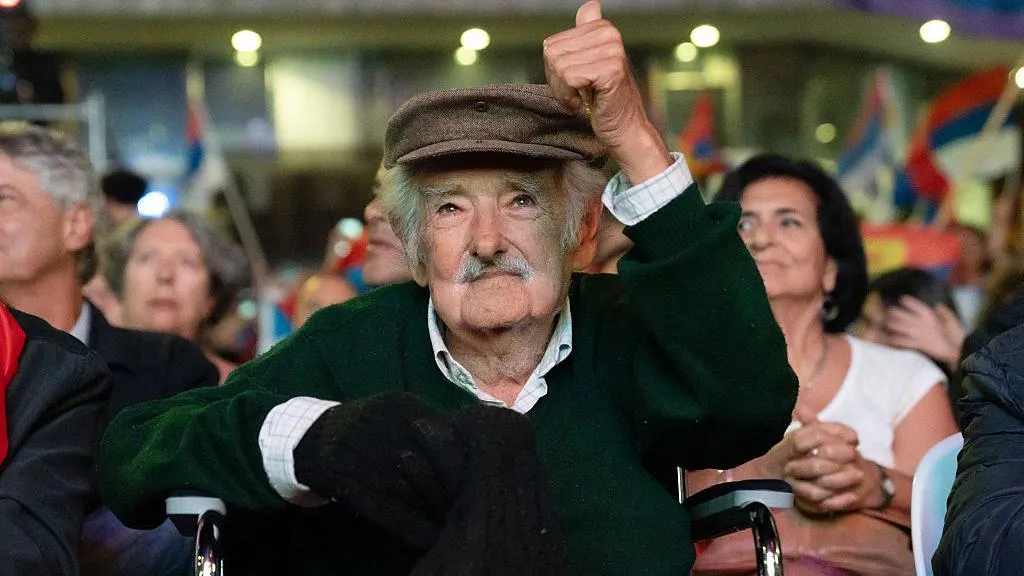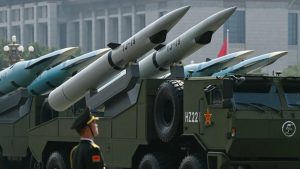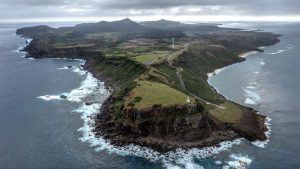Can you rule a country from a farmhouse, drive a rusty old Volkswagen, and still be remembered as a giant on the world stage?
If you’re José “Pepe” Mujica, the answer is a resounding yes.
The former Uruguayan president passed away at 89, leaving behind a legacy that reads more like a novel than a political résumé.
Guerrilla fighter. Prisoner. President. Philosopher.
Diagnosed with cancer last year, Mujica faced death like he faced life—with calm, clarity, and a touch of humor.
“Death is inevitable,” he told the BBC, “perhaps it’s like the salt of life.”
What’s His Legacy?
During his presidency (2010–2015), Uruguay made global headlines.
Legalizing marijuana, same-sex marriage, and abortion—moves that stunned more conservative nations.
But Mujica didn’t flaunt power.
He lived on a farm with his wife, donated most of his salary, and brushed off luxury as a distraction.
“They call me the poorest president,” he once shrugged. “No—I have little, but I don’t need more.”

Critics called out gaps in education reform and rising public spending.
But unlike many in the region, he left office scandal-free and deeply loved.
In a world dazzled by power and wealth, Mujica offered something rare: authenticity.
He reminded us that humility, not headlines, is what history remembers.





